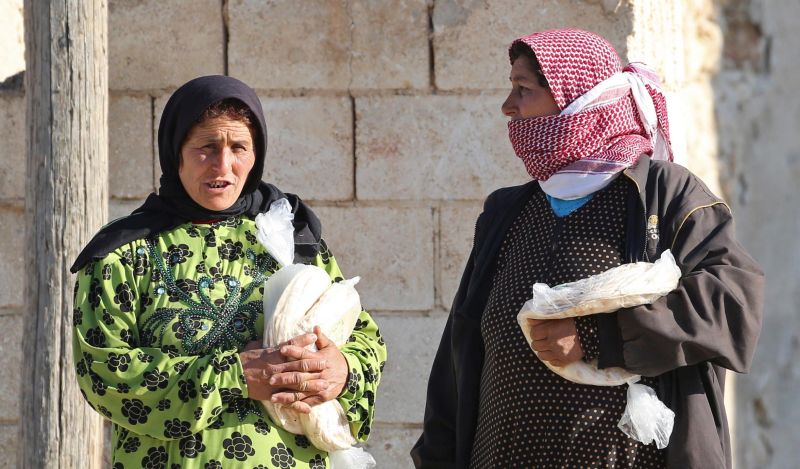A bad situation turned worse
Rohingya are stateless and unwanted wherever they go – maybe except when they can be exploited as slave-like workers.
In Myanmar, which the Rohingya consider their homeland and where the largest share of them live, they are hounded by Buddhist nationalists. The dominant ethnics in this highly diverse country consider the Muslim Rohingya “Bengalis”, not Myanmarese. Since violence broke out in 2012, many members of Myanmar’s about one million strong Rohingya community live in camps and ghettos in the state of Rakhine. Their huts are shabby, their settlements are far away from schools and hospitals, and many Rohingya lack sufficient food, clean water and livelihood opportunities. Could things get any worse?
At the beginning of this year, human-rights organisations warned of a “covert genocide”, accusing security forces of ethnic cleansing. Tens of thousands of people had to flee their homes. Many crossed the border to Bangladesh. Since then, nothing much has happened. This crisis is not considered important enough to trigger international diplomacy at UN levels. Myanmar’s neighbours are not eager to interfere in another country’s “internal affairs”. These neighbours include China and members of ASEAN, the Association of Southeast Asian Nations to which Myanmar belongs too and which supposedly shares common values. In truth, the Rohingya “problem” concerns the entire world region.
Aid agencies, UN staff and journalists hardly get access to Rakhine. Aung San Suu Kyi, the Nobel peace laureate and informal leader of Myanmar’s governing party, has been a huge disappointment. She has done nothing to alleviate the plight of the Rohingya and not even helped international aid organisations to do so.
Violence has recently been escalating. The Rohingya have no support from the outside world and no prospects of a better future somewhere else. It is indefensible, though not surprising, that some Rohingya are resorting to violence.
According to the government, Rohingya insurgents attacked several security facilities on 25 August, killing about a dozen people. The facts are hard to check. It is quite obvious, however, that the situation actually did get worse.
After a brutal response by Myanmar’s army, the country’s entire Rohingya community seems to be shaken up. The death toll must now be several thousand. Hundreds of thousands are on the run. According to media reports, more than 300,000 Rohingya have fled to Bangladesh, while many more are now internally displaced. AH Mahmud Ali, the foreign minister of Bangladesh, has spoken of “genocide”. According to him, the number of Rohingya refugees in his country has risen to 700,000 due to the new influx. He wants the international community to help his nation deal with this crisis.
Zeid Ra'ad Al Hussein, the UN high commissioner for human rights, considers what is happening in Myanmar “a textbook example of ethnic cleansing".
There is no shortage of condemnations and of appeals to Myanmar’s government. But I doubt that alone will help any single Rohingya. Most will probably never even get the news of sudden international verbal support. And words are little comfort for anyone whose house has been burned down and the way back home is mined. The Rohingya need a safe place to live. Neighbouring countries such as Bangladesh and Thailand already host large refugee communities. They are neither willing nor able to take all Rohingya in. Now, it is the responsibility of the international community to resettle the refugees. They have every right to claim asylum. We should grant them that right. In Myanmar, things are set to get worse.













